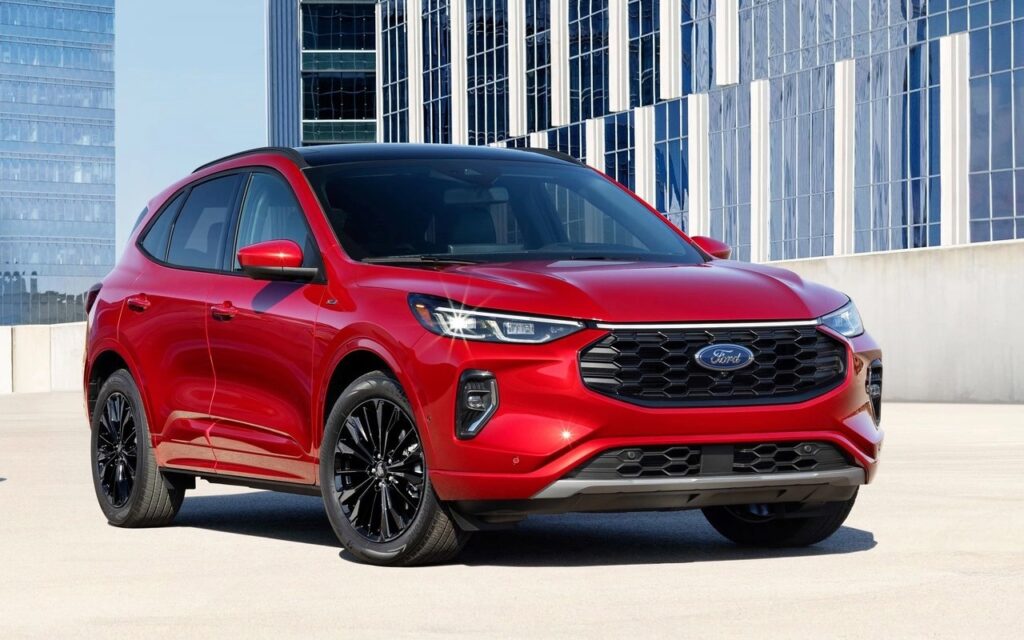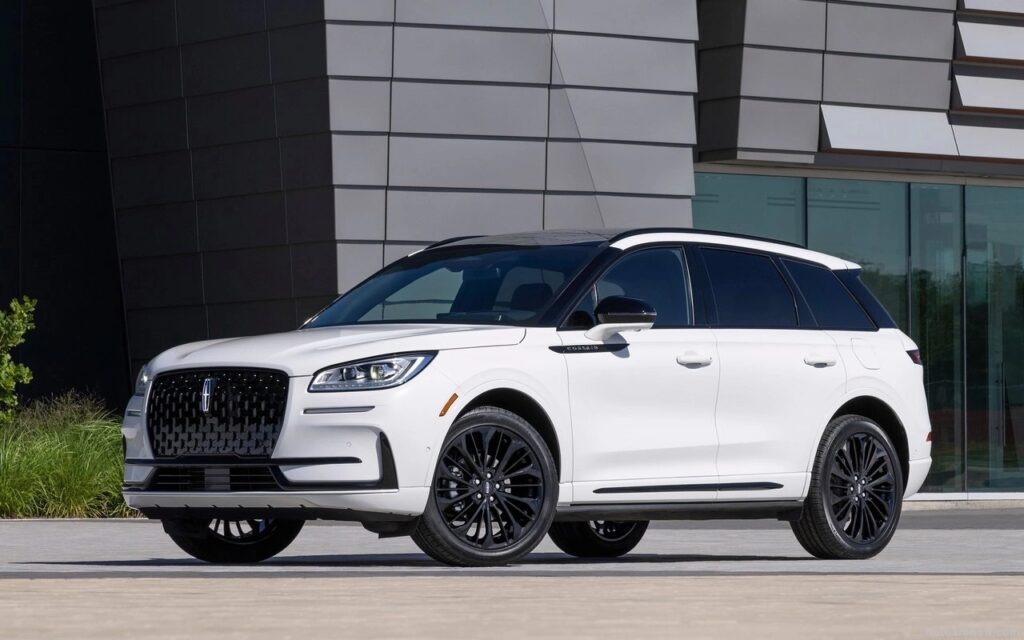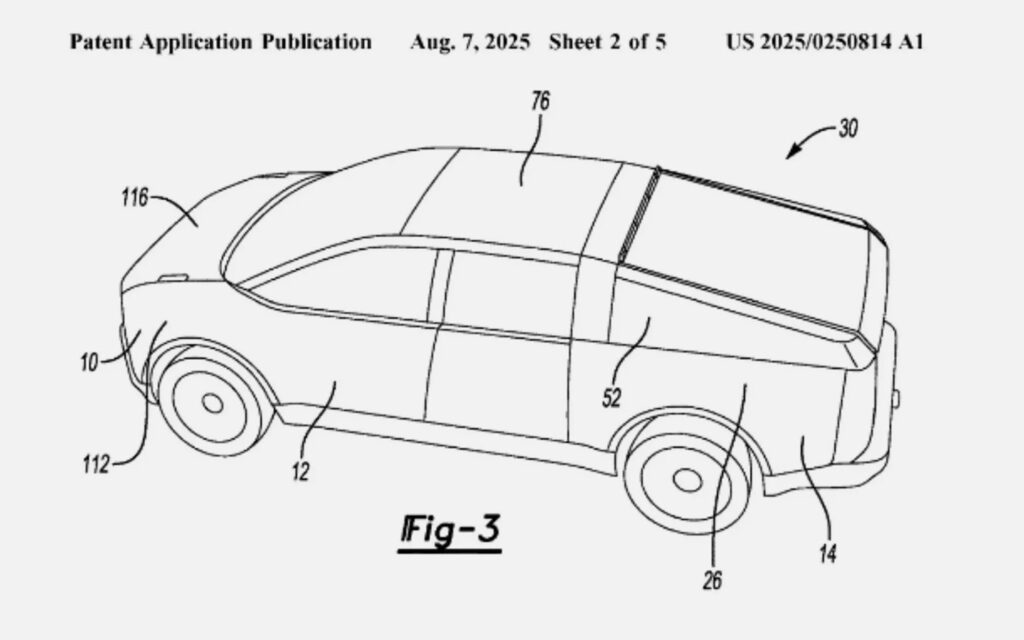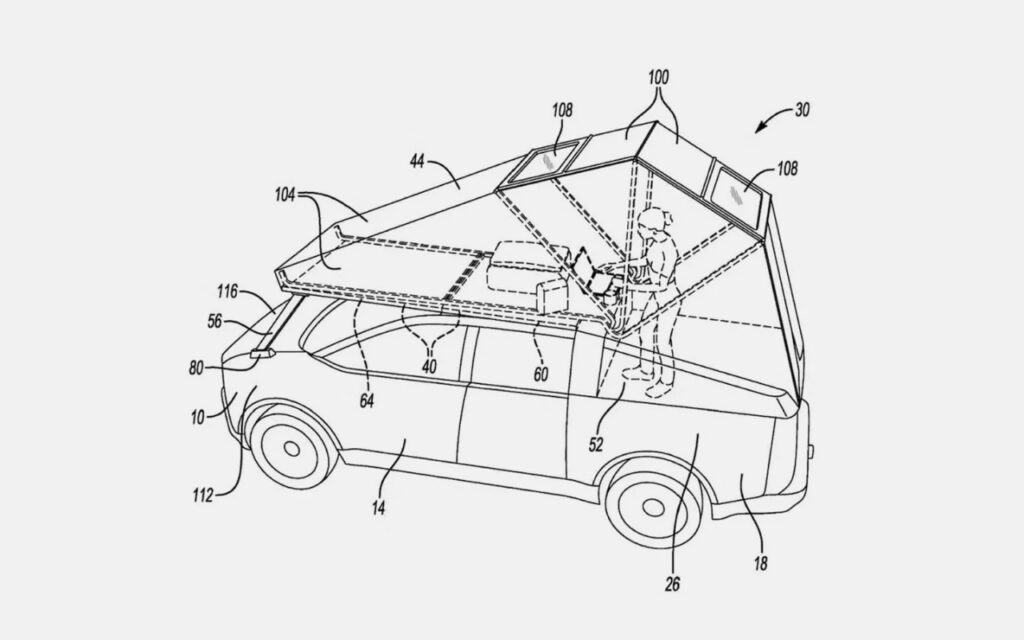Ford is reshaping its lineup once again — this time by saying goodbye to the Escape and Lincoln Corsair to make room for an all-new budget-friendly electric truck.
By 2027, the automaker plans to launch a compact EV pickup priced around $30,000, positioning it as the brand’s most affordable electric vehicle yet. Production will take place in Louisville, Kentucky, where the plant will undergo a major retooling to support Ford’s Universal EV Production System.
Farewell to Escape and Corsair
Ford confirmed that its gasoline-powered Escape and Lincoln Corsair crossovers — currently the entry-level SUVs in their lineups — will end production later this year.
The move will free up capacity at Ford’s Louisville Assembly Plant for the new compact pickup and several crossover models based on the same next-generation EV platform.

According to Edmunds, production of the Escape and Corsair will wrap after the 2026 model year. The factory will then close temporarily for modernization before beginning EV assembly.
Ford’s upcoming pickup — still unnamed — will lead the launch, marking part of a $5 billion investment in the company’s electric future.
Inventory of both SUVs should sustain sales through 2026, after which the Escape and Corsair will quietly disappear from dealer catalogs. Once they’re gone, the Bronco Sport will become Ford’s most affordable SUV, while Lincoln’s entry model will shift upward to the larger, more expensive Nautilus.

Ford’s Affordable EV Strategy
The Escape has long been one of Ford’s top-selling crossovers in the U.S., but the brand has steadily trimmed its budget-oriented models in recent years — discontinuing the Fiesta, Focus, Fusion, and EcoSport.
The compact Maverick pickup remains a rare exception, though its price has crept close to midsize territory.
The new project aims to expand affordability in the EV segment while maintaining the form Americans love most — the pickup truck.
Ford CEO Jim Farley said the company’s upcoming model will serve as the foundation for several future vehicles, including crossovers and potentially a sedan.
A Compact Truck for a New Era
During the announcement, Ford teased animation visuals hinting at future body styles. While few details were revealed, Farley promised an impressive driving range for its class, the ability to power a home for up to six days, and interior space comparable to a Toyota RAV4.
The EV truck will feature both a functional bed and a spacious front trunk. Farley also claimed it would be “faster than a twin-turbo Mustang,” though it remains unclear which benchmark he was referencing, as Ford currently offers no production Mustang with twin turbochargers.
The New Universal EV Platform

At the heart of Ford’s plan lies a next-generation EV architecture designed to simplify manufacturing, reduce weight, and cut costs.
The new Universal EV Production System will use large-scale unicast components, reduce fasteners, shorten wiring harnesses by 1.2 kilometers, and integrate a new structural LFP battery directly into the vehicle floor — 30% smaller yet offering similar range to current lithium-ion packs.
Doug Field, Ford’s EV and digital chief, said assembly processes will change dramatically. Workers will no longer have to maneuver entire dashboards or power units through door openings. Instead, Ford plans to replace the traditional moving line with a modular “assembly tree” — building major sections in parallel and joining them at the final stage.
This shift could redefine how Ford manufactures vehicles, echoing the radical spirit of the Model T era, but reimagined for the EV age.
What Will It Look Like?

While Ford hasn’t shown the new truck’s final design, several patent drawings have sparked speculation.
One filing — technically for a roof-mounted tent — featured a mysterious compact pickup silhouette with a chunky front end, sloped roofline, and proportions reminiscent of the Tesla Cybertruck, though clearly shaped in Ford’s own design language.
Only two angles were shown, but the concept suggests a small adventure-oriented truck built for versatility and outdoor living.
If the speculation proves true, Ford’s “mini-EV pickup” could merge urban practicality with the rugged appeal that defines the brand’s heritage.

When to Expect It
Ford hasn’t confirmed an exact reveal date, but production at the retooled Louisville plant is expected to begin no earlier than 2027.
The company hopes this affordable EV platform will anchor a new family of models — the pickup leading the way, followed by compact and three-row SUVs, and eventually an electric van.
⚡ A New “Model T Moment” for Ford
If successful, Ford’s $30,000 EV truck could become a landmark moment — bringing electric mobility to the mass market, just as the Model T once made driving accessible to everyone.
This time, however, the revolution rolls forward silently — powered by electricity.